Rosemary Essential Oil

Rosemary (Rosmarinus officinalis) essential oil is celebrated for its potential ability to invigorate and refresh with its fresh, woodsy herbal fragrance. While commonly associated with food, rosemary has a rich history in folk medicine and traditional culture.
Historical Uses of Rosemary
In ancient times, rosemary was used in religious ceremonies by the Romans and as incense by the Egyptians. By the 16th century, Paracelsus, a Swiss physician who coined the term "essential oil," promoted rosemary essential oil for its potential ability to strengthen the body, particularly benefiting the heart, liver, and brain.
Modern Uses and Nootropic Benefits
Today, rosemary essential oil is popular for hair health and aromatherapy. Additionally, it has been found to offer potential nootropic benefits, particularly in enhancing memory and cognitive function.
Increases Energy
Inhaling rosemary essential oil may lead to increased alertness and enhanced focus. A study showed that volunteers who inhaled rosemary oil felt "fresher" and became more active. This increase in alertness was accompanied by physiological changes such as increased heart rate, blood pressure, and respiration .
Enhances Memory
Rosemary essential oil has long been linked to improved memory. In a study, healthy volunteers exposed to rosemary essential oil showed significant improvement in the quality of memory compared to a control group with no odor. However, it’s important to note that while memory performance was enhanced, the speed of memory was decreased .
Reduces Stress
Stress triggers the release of cortisol, leading to inflammation and potential chronic health issues. Researchers found that inhaling rosemary essential oil for five minutes significantly decreased cortisol levels in participants, suggesting its potential in reducing stress .
Boosts Mood
Exposure to rosemary essential oil during cognitive assessments led to participants reporting increased contentment compared to those not exposed to any odor.
Increases Alertness
In the same cognitive assessments, participants exposed to rosemary essential oil were found to be more alert than those in the control group.
Conclusion
Rosemary essential oil has substantial scientific backing for its cognitive-enhancing effects. It can be used topically (diluted with a carrier oil), in a room diffuser, or in portable diffusers like Zen.


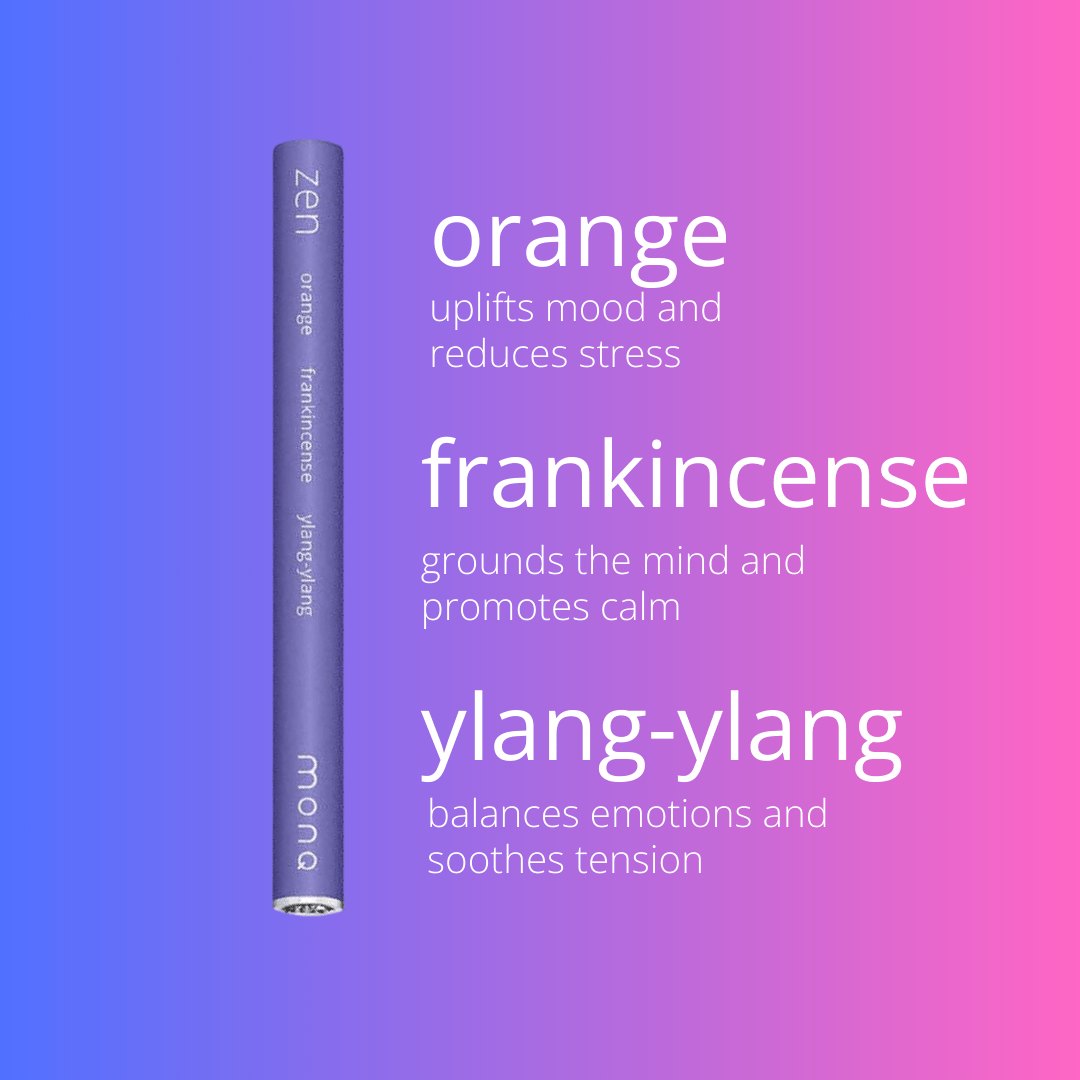
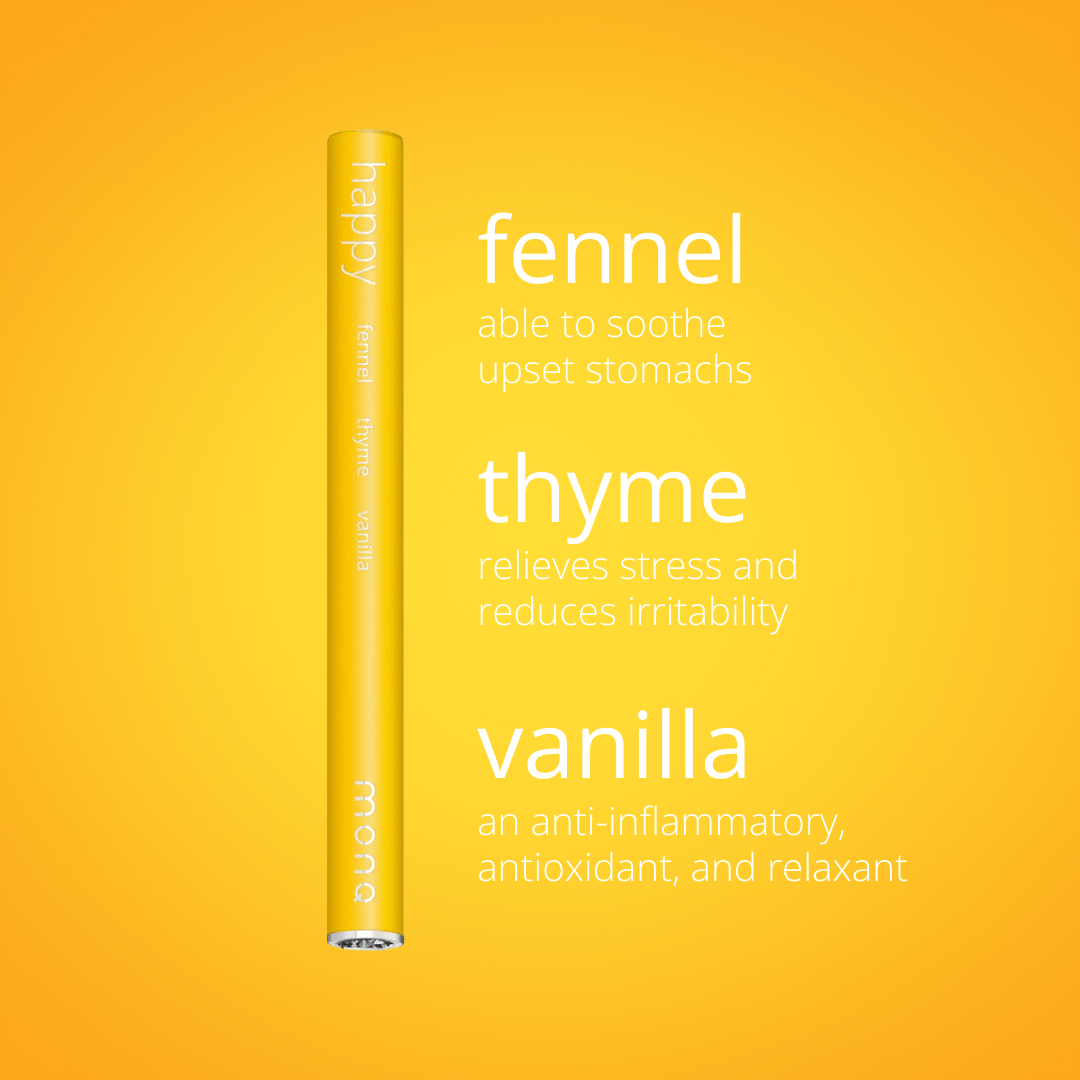
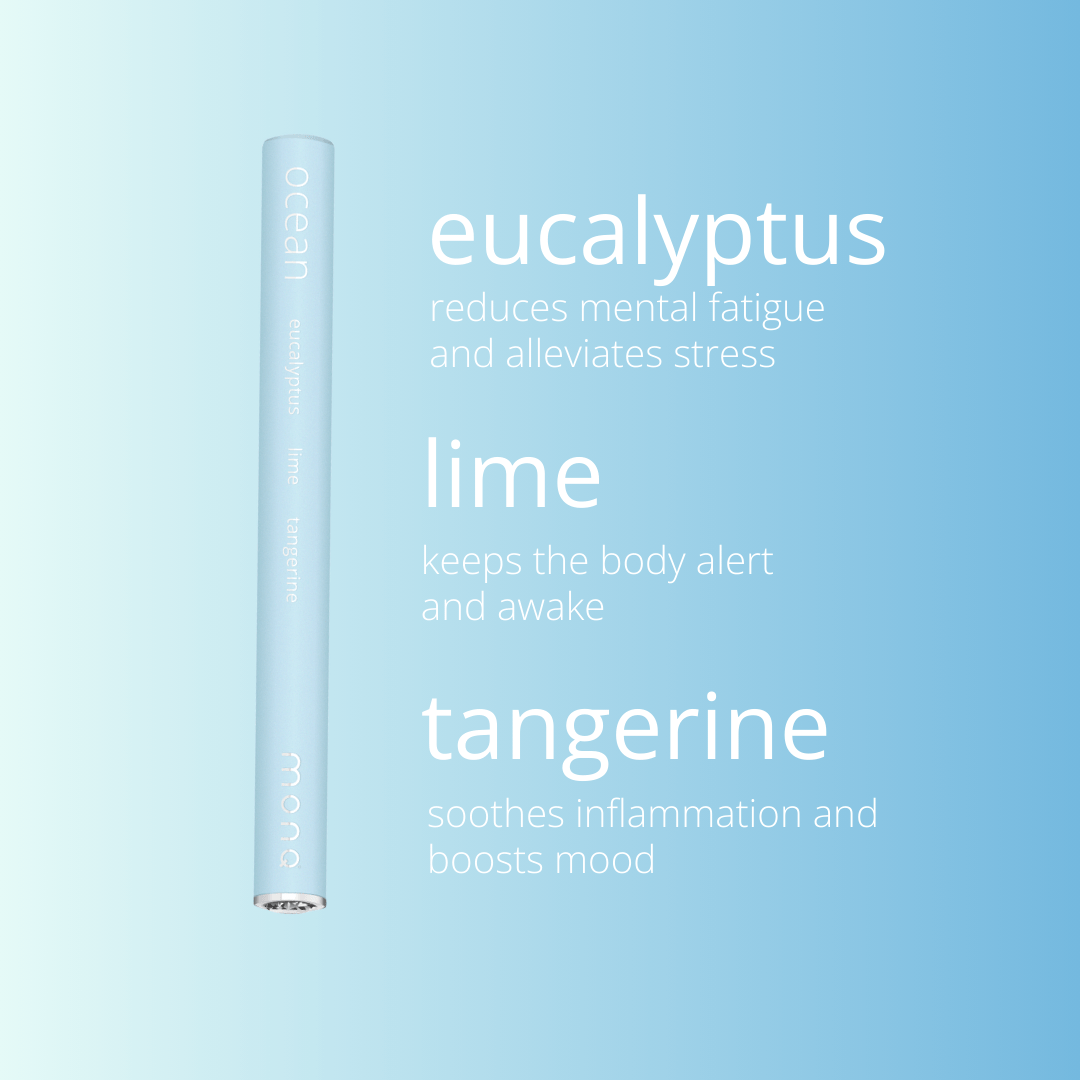
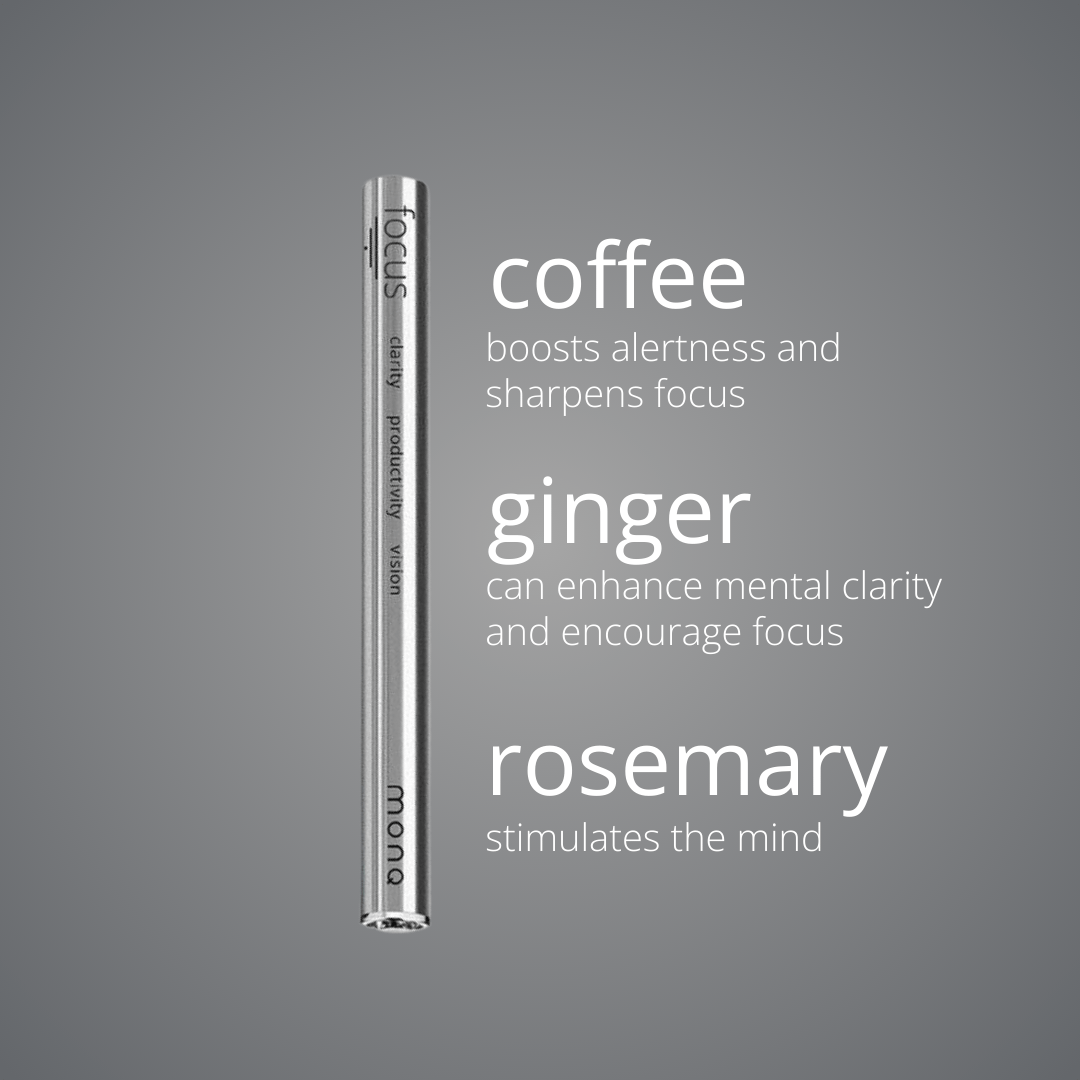
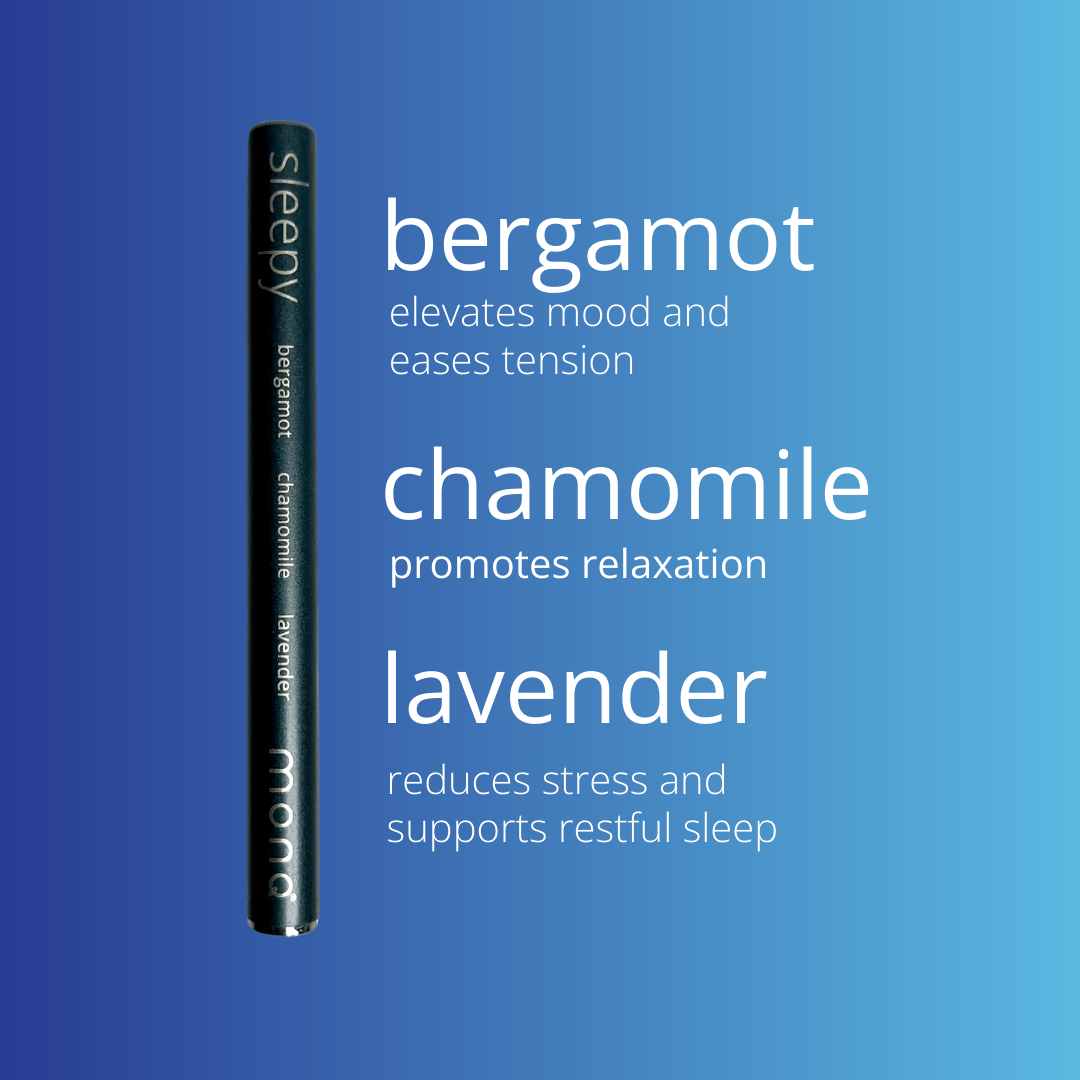


Leave a comment